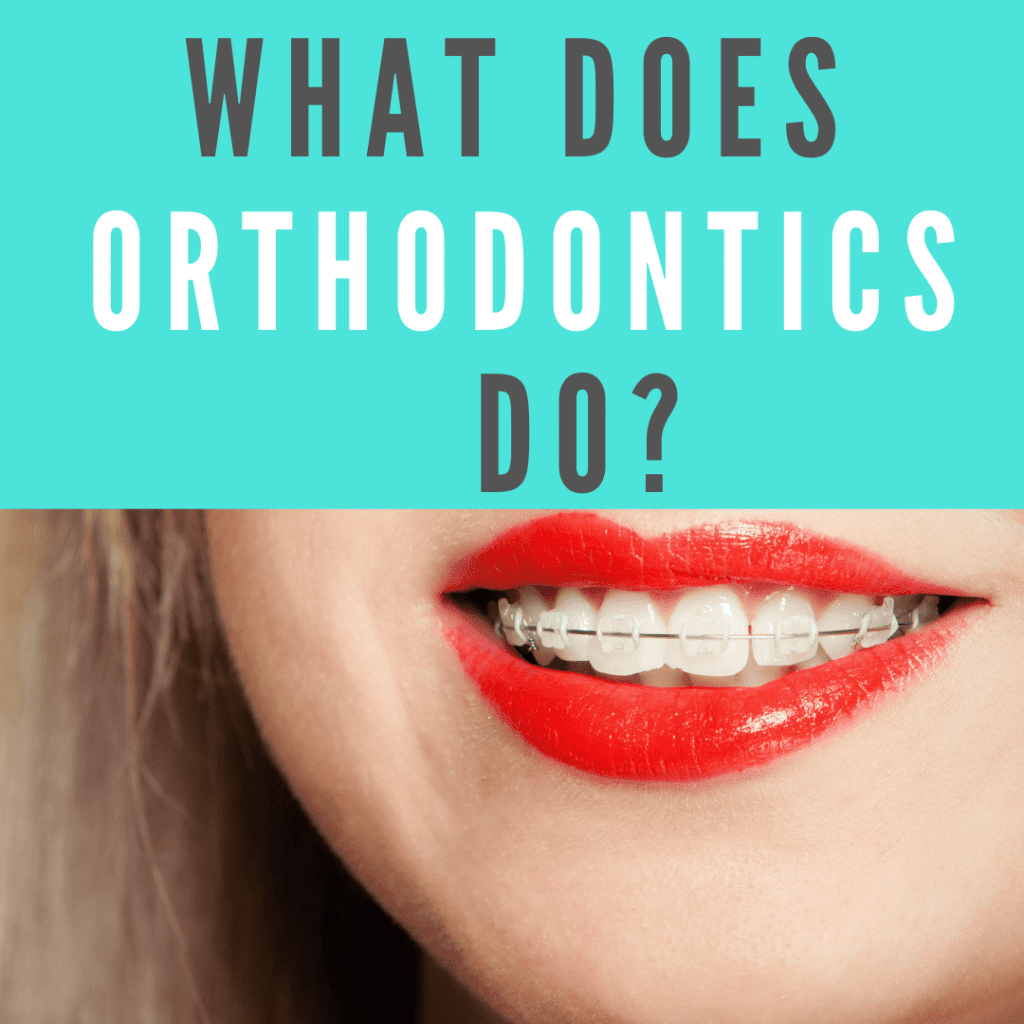Getting The Johnson Orthodontics To Work
What Does Johnson Orthodontics Mean?
Table of ContentsAn Unbiased View of Johnson OrthodonticsSome Known Questions About Johnson Orthodontics.The Best Strategy To Use For Johnson OrthodonticsUnknown Facts About Johnson OrthodonticsSee This Report about Johnson Orthodontics10 Easy Facts About Johnson Orthodontics ExplainedJohnson Orthodontics for Dummies
An orthodontist is a dentist educated to detect, protect against, and treat teeth and jaw abnormalities. They remedy existing conditions and are trained to identify problems that may establish in the future. Orthodontists collaborate with individuals of every ages, from children to adults. Individuals often link a perfect smile with health.All orthodontists are dentists, but not all dental professionals are orthodontists. Orthodontic residency programs supply extensive, focused guideline for oral specialists. They focus on two areas: Just how to properly and securely relocate teeth Just how to properly lead growth in the teeth, jaw, and faceOnce an orthodontist has actually completed training, they have the option to end up being board accredited (https://experiment.com/users/johnsonortho).
Excitement About Johnson Orthodontics
Malocclusion leads to tooth congestion, an irregular jaw, or uneven bite patterns. Malocclusion is normally treated with: Your orthodontist attaches steel, ceramic, or plastic square bonds to your teeth.
If you have just minor malocclusion, you may be able to utilize clear braces, called aligners, as opposed to standard braces. Some individuals require a headwear to aid move teeth into line with pressure from outside the mouth. After dental braces or aligners, you'll need to use a retainer. A retainer is a customized tool that maintains your teeth in position.

They can produce added room in the mouth without having to draw teeth. Orthodontists use cables, surgical screws, or plates to sustain your jaw bone.
The Best Guide To Johnson Orthodontics
During your initial orthodontic examination, you'll likely have: An oral examPhotos taken of your face and smileDental X-raysPanoramic (360 degree) X-rays of your face and headImpressions to develop molds of your teethThese tests will aid your orthodontist know how to wage your treatment. An orthodontist is a dental practitioner who's had training to treat your teeth and jaw.
Orthodontists might perform surgical procedure, exams,X-rays,and even more to aid you acquire a more comfy, much healthier smile. An orthodontist is concentrated on your bite, so something like a broken tooth would be handled by a dentist. Orthodontists are dental professionals yet not all dental practitioners are orthodontists. Orthodontists are concentrated on your bite, or the way your teeth meshed, and the straightness of your teeth.
Ever wondered just how celebs always seem to have completely aligned teeth? Orthodontists are oral experts that focus on correcting abnormalities in the teeth and jaws.
Johnson Orthodontics for Beginners

Clear aligners, like Invisalign, are a preferred option for clients seeking an extra discreet therapy option. These detachable trays are custom-made to gradually change the teeth's position (https://telegra.ph/Johnson-Orthodontics-Your-Path-to-a-Perfect-Smile-08-29). Headwear might be used in combination with braces or aligners to apply added targeted pressures, particularly for fixing jaw inconsistencies. In cases of narrow jaws, palatal expanders can be utilized to create space for proper tooth positioning.
Facts About Johnson Orthodontics Uncovered
While achieving an attractive smile is an all-natural perk of orthodontic treatment, the advantages extend far beyond aesthetic appeals. Effectively straightened teeth and a balanced bite contribute to improved dental health in numerous ways: Straight teeth are easier to clean up, which helps protect against tooth cavities and gum illness. A correct bite permits reliable chewing, which helps in digestion and total gut health.
What is the difference between a dental professional and an orthodontist? All dental professionals, consisting of orthodontists, treat the teeth, periodontals, jaw and nerves.
Orthodontists and dental practitioners both supply dental look after individuals. Orthodontists can work in an oral office and offer the exact same treatments as other dental professionals. You can think of both physicians that deal with gum and teeth issues. The major difference is that ending up being an orthodontist calls for a certain specialty in dealing with the imbalance of the teeth and jaw.
Some Known Details About Johnson Orthodontics
An orthodontist is a dental professional that has actually undergone training to focus on the diagnosis, avoidance and therapy of abnormalities in the jaw and teeth. Their training consists of remedying these existing conditions (braces). They can also recognize prospective issues in teeth alignment that may create when conditions are left neglected. Orthodontists can aid people of all ages.
This consists of all the required education to come to be a general dental professional. According to the American Pupil Dental Association (ASDA), it suggests you will certainly need to have either a Medical professional of Medicine in Dental Care (DMD) or a Medical Professional of Dental Surgical Treatment (DDS). In other words, orthodontists require to finish dental institution and after that obtain an orthodontics specialty education.
Johnson Orthodontics Fundamentals Explained

When you have a healthy and balanced bite, you can speak, eat and eat effectively, hence boosting your lifestyle. Aside from the orthodontist, we commonly see assistants functioning with these oral experts in their clinics. So, what is an orthodontist aide called? They're suitably recognized as orthodontic aides. They are specialized assistants, and are trained to deal with oral equipment and provide preventative dental health care.